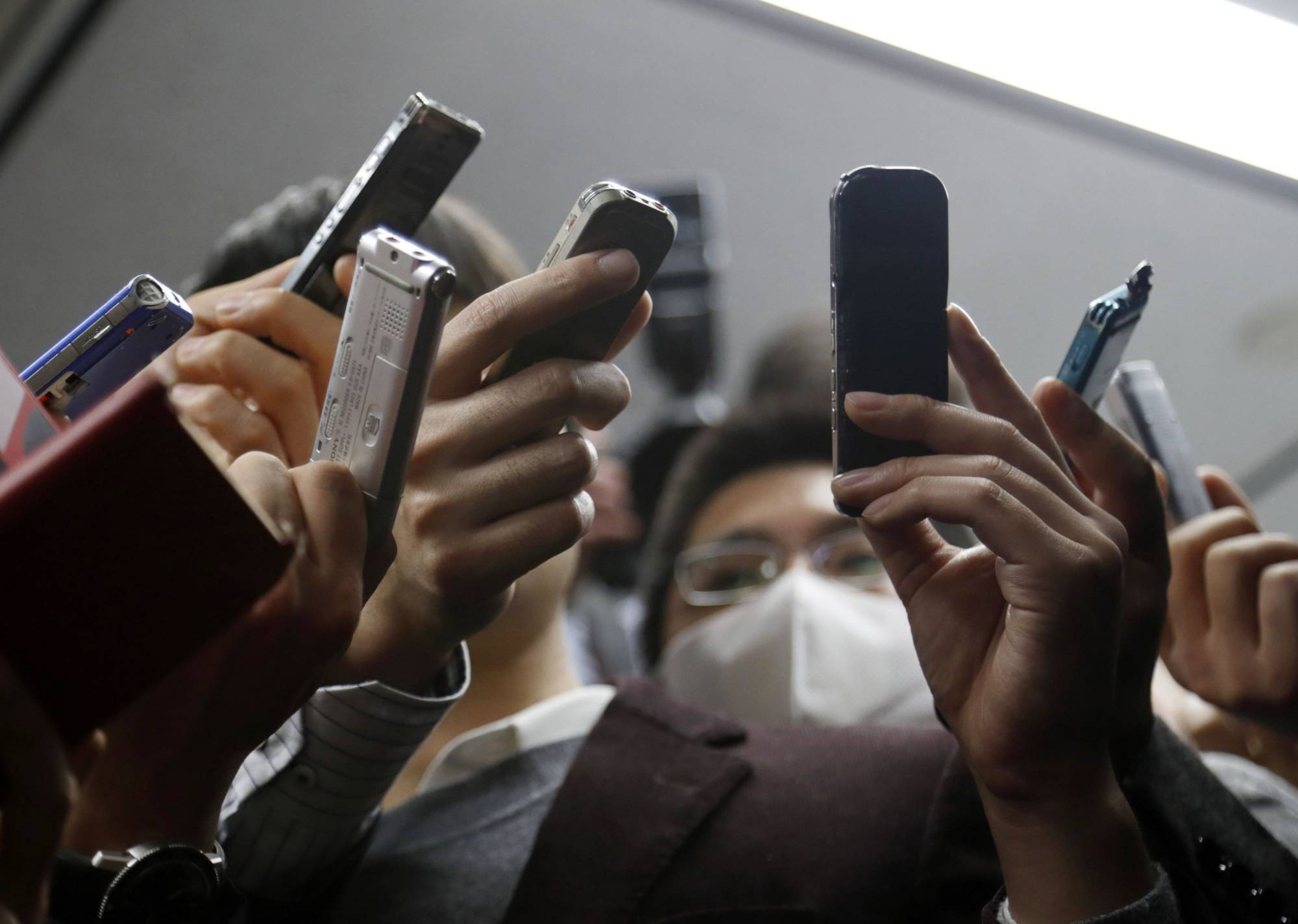Last week, a "senior member" of the ruling coalition fueled a breaking story in The Times that then garnered a Reuters headline story, and subsequently grew legs across the information space. That official reportedly intimated that Liberal Democratic Party and Komeito leaders had already come to the conclusion that the Tokyo Olympics would have to be canceled, and that they are only looking for a face-saving way out. Assuming this official was both senior and “in the know,” as reported, why would he or she leak such sensitive information?
A leak is an unauthorized release of classified or sensitive information, commonly to the press. While leaks can happen in the private sector, the term is most often associated with governments. Importantly, leaks do not have to be true — they just have to be perceived as factual by the individuals reporting them.
Most governments have leaks, whether intentional or unintentional. Further, the motives, manner and types of sources behind those leaks are generally the same no matter where you go, though there are features unique to each government. The story of the ruling coalition leaker offers a good case study for examining the art of leaking in the Japanese government.


















With your current subscription plan you can comment on stories. However, before writing your first comment, please create a display name in the Profile section of your subscriber account page.